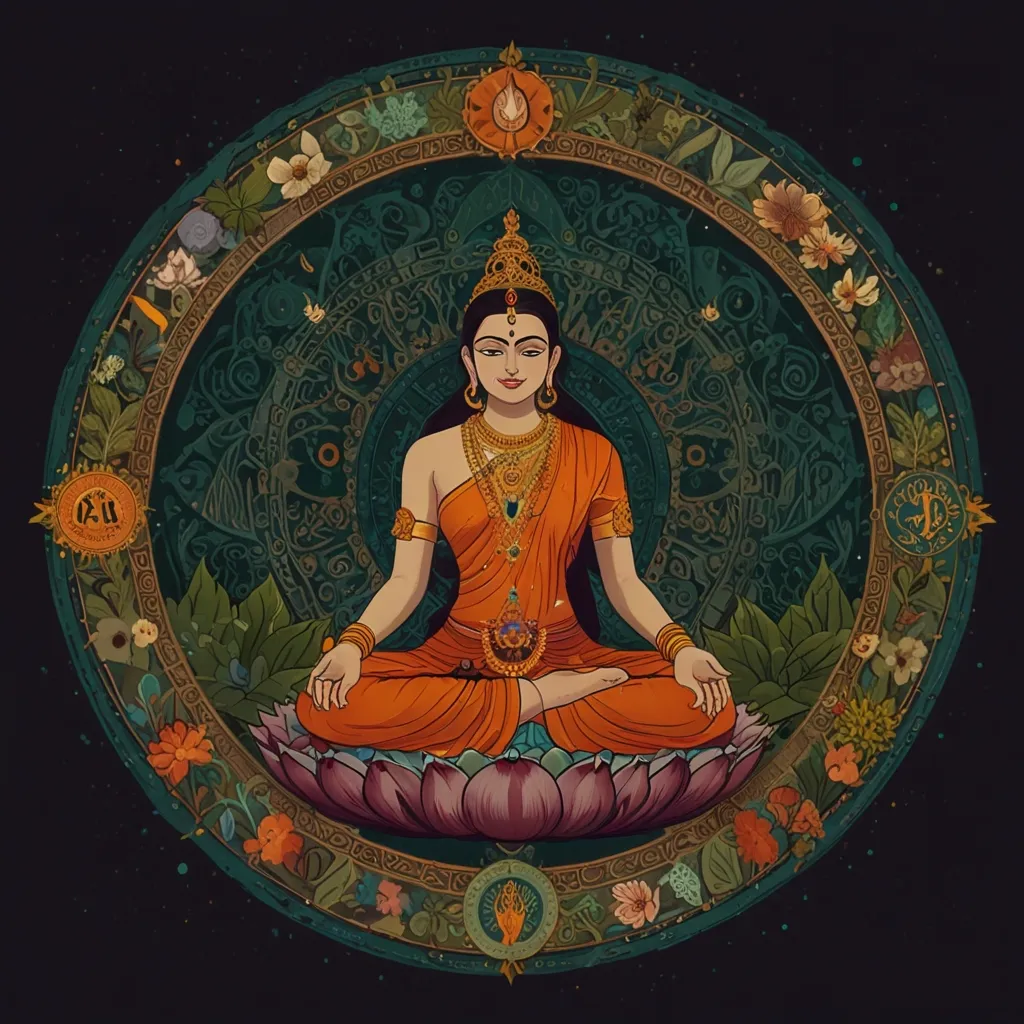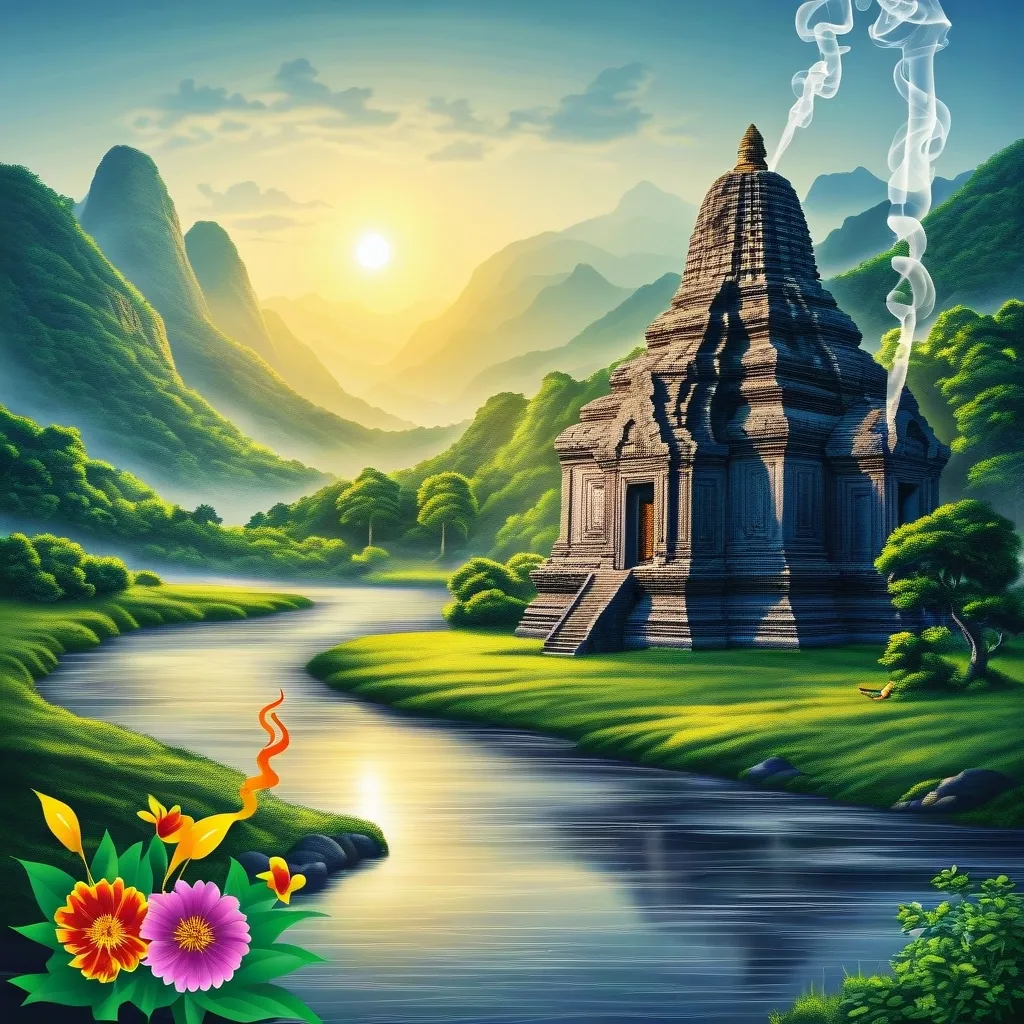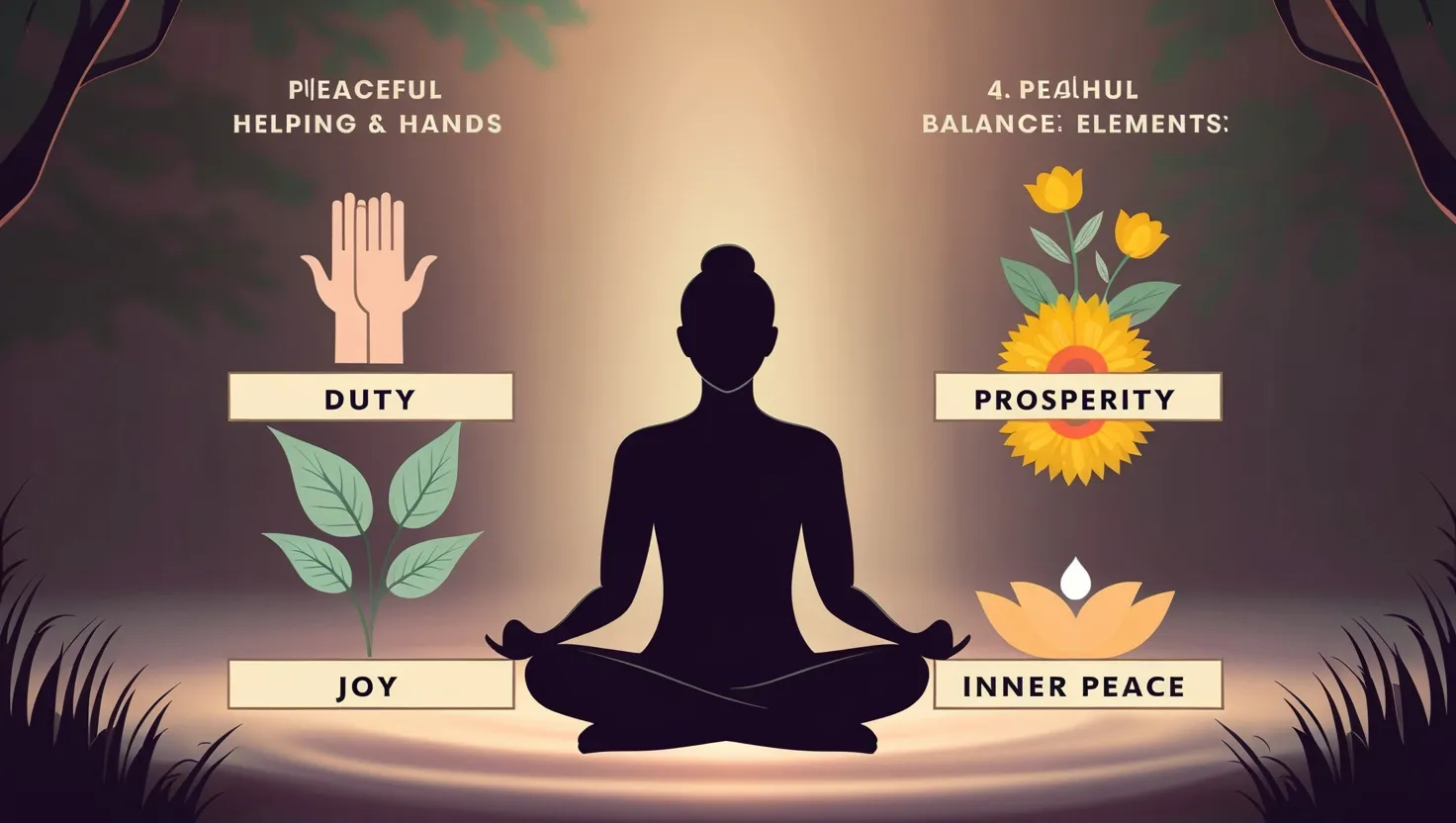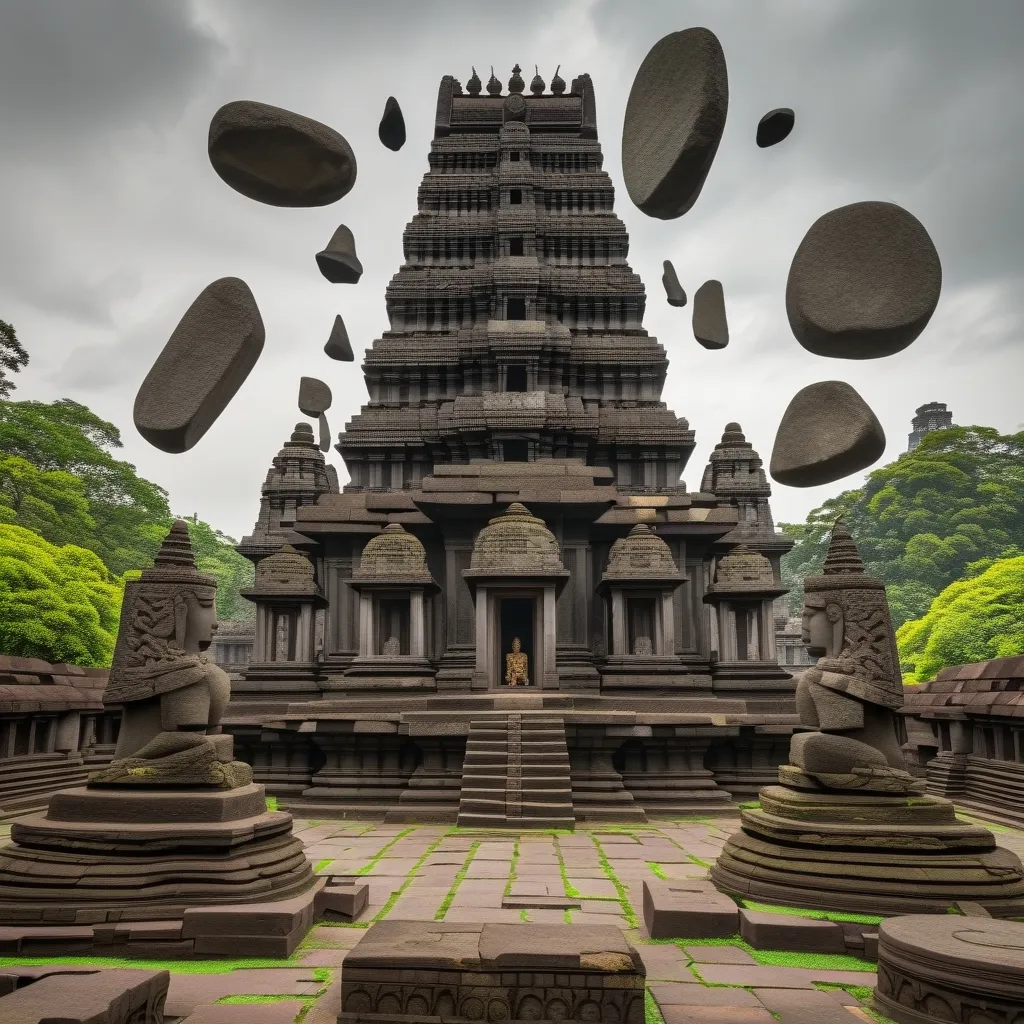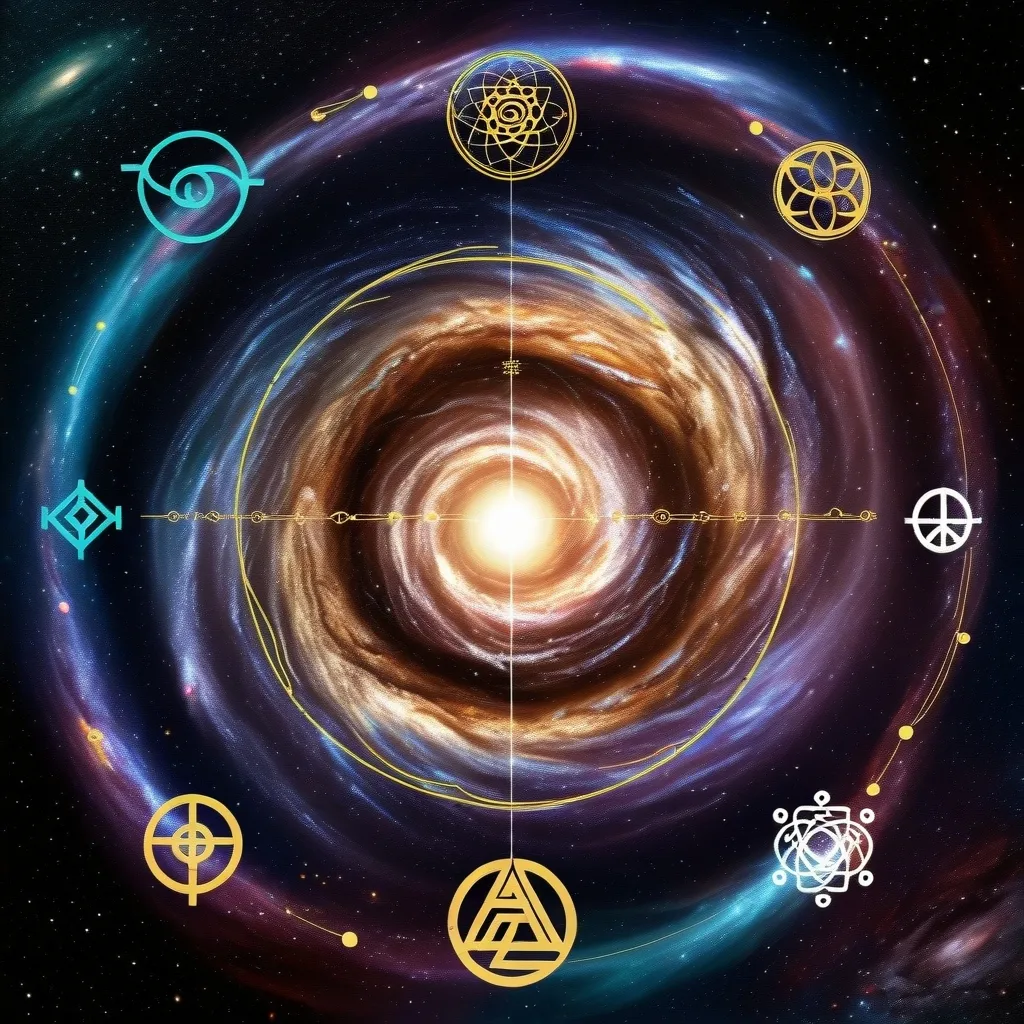Hindu ethics, with its deep roots in ancient texts and philosophies, still profoundly impacts modern life. It’s a rich tapestry of moral theories and practices rather than a single, uniform system. At its heart, Hindu ethics aims for moksha, which means liberation from the endless cycle of birth and death.
One key concept in Hindu ethics is dharma, often translated as duty or appropriate behavior. Dharma isn’t just about following a set of rules; it’s a way of life tailored to one’s caste, social status, and stage of life. It covers everything from pursuing material success and personal pleasure to achieving spiritual growth. For example, someone might focus on studying and family in their early years and turn to reflection and renunciation later in life.
Karma, another cornerstone of Hindu ethics, is all about cause and effect. Every action has consequences, shaping future lives. This invites people to act morally and ethically, keeping in mind that their actions affect not just themselves but the broader community. Karma fosters a sense of responsibility and accountability, aiming for a more harmonious society.
Hindu ethics also places high value on self-realization and the pursuit of knowledge. The path of knowledge, or jnana, encourages deep introspection and an understanding of the ultimate reality, known as Brahman. It’s about seeing the divine within oneself and understanding the interconnectedness of everything. This quest isn’t just intellectual but also experiential, pushing individuals to seek wisdom.
Devotion, or bhakti, is another significant aspect. Bhakti focuses on intense love and devotion to a personal deity, helping individuals align their actions with moral principles. It’s not just about rituals but fostering a deep, personal relationship with the divine, guiding ethical behavior and cultivating virtues.
In today’s world, these ethical principles influence many aspects of society. The focus on dharma and karma encourages people to lead responsible, ethical lives, promoting social harmony. The emphasis on knowledge and self-realization supports education and personal growth, while devotion nurtures a sense of community and shared values.
Hindu ethics has also shaped social structures, such as the caste system, which, despite its controversies, reflects the principle of dharma. It underlines the importance of social order and fulfilling one’s role in society.
Cultural practices and traditions, like Diwali and Holi, are infused with ethical reminders. These festivals promote values like gratitude, forgiveness, and the victory of good over evil, bringing communities together and reinforcing ethical principles.
Environmental conservation is another area where Hindu ethics plays a significant role. The belief in the interconnectedness of all life encourages a respectful and sustainable relationship with nature. Non-violence, or ahimsa, extends to all living beings, emphasizing environmental stewardship.
In the end, Hindu ethics remains a powerful force in modern life, influencing individual behavior, social structures, and cultural practices. Its timeless principles of dharma, karma, self-realization, and devotion offer a rich ethical framework that continues to promote personal growth, social harmony, and environmental sustainability. As society changes, these enduring principles still provide guidance for living more ethical and fulfilling lives.
